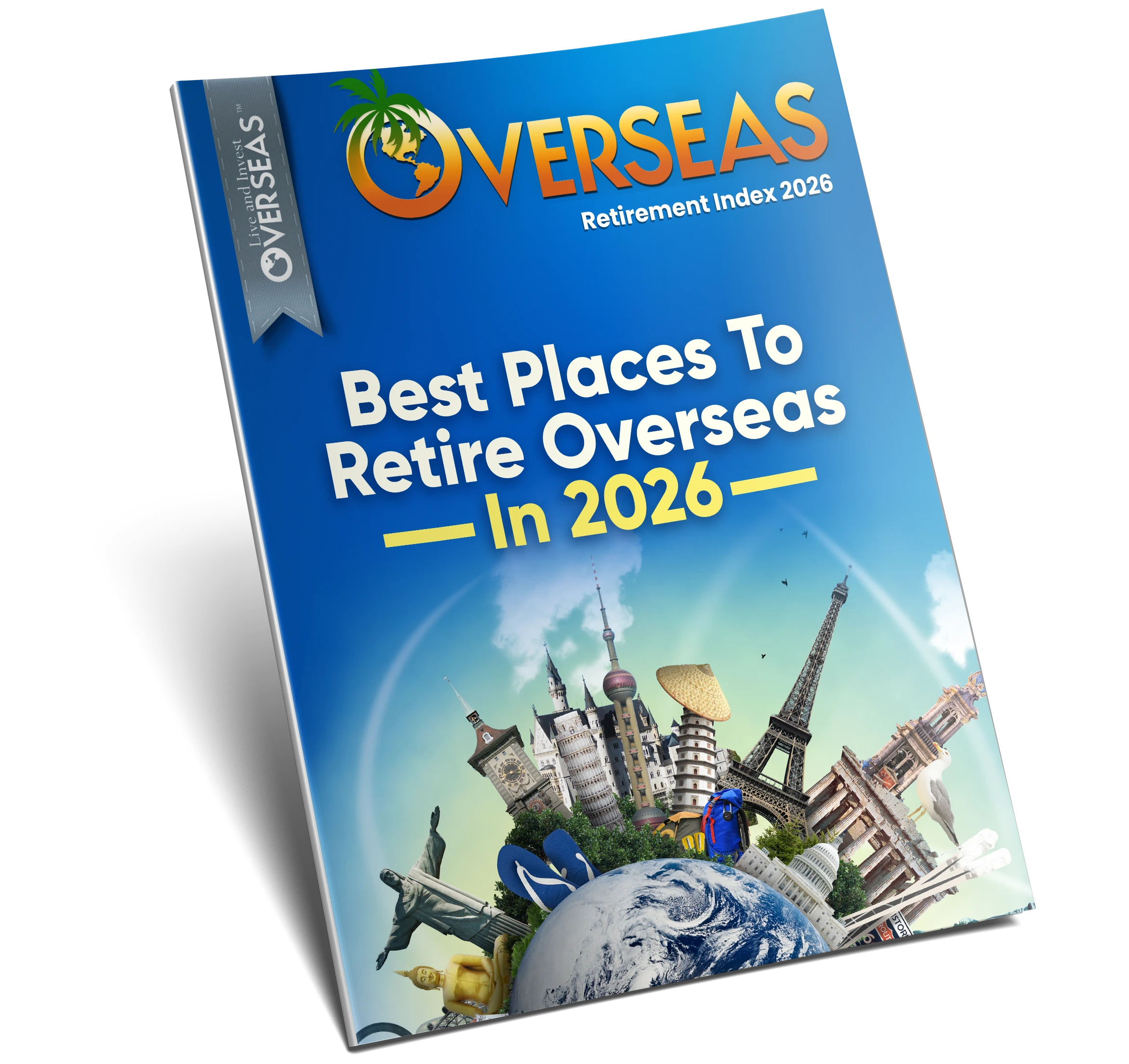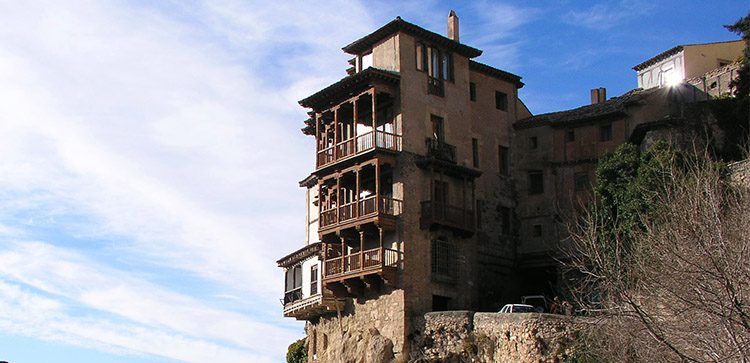Could Correa Confiscate Private Property From Foreign Investors In Ecuador?
Recently a reader wrote in to comment on an article we’d published on the potential re-election of President Correa in Ecuador. Our correspondent in that country David Morrill referenced a small survey of expats in Cuenca, and the reader was bothered that David would reference results from such a limited universe. The reader went on to attack Correa as being anti-American, saying that if he were re-elected Correa likely would seize all American-held properties in Ecuador.
Of course, the reader’s position is nothing more than gross speculation based on bias against anyone who doesn’t agree with U.S. policies (which is how Correa is viewed by many). The truth, meantime, is that land rights are as safe in Ecuador as they are in most any country that allows foreigners to own property.
Which is to say that not all countries allow noncitizens to own property and some put restrictions on foreign property ownership. In Thailand and the Philippines, for example, foreigners are allowed to own only condos or construction, not land. Vietnam restricts foreign property ownership completely.
However, in countries that allow foreign ownership of real estate (again, Ecuador qualifies) the rights of the foreigner are typically the same as those of the citizen (although as a foreigner you might lose out in a boundary dispute should one arise).
Interesting to me in the case of the reader who got in touch recently was that he took for granted that his property back in the United States was safe from government confiscation. That’s not necessarily so, and in fact I’d say it’s less the case all the time. In the States, they don’t steal your land (as the reader suggested Correa might do). They call it asset forfeiture, and U.S. law enforcement agencies do it all the time.
U.S. agencies from local police departments to the DEA and FBI can seize property if they think it’s played any role in criminal activity or has been purchased with proceeds from criminal activity. And you don’t have to be proven guilty of any crime before your assets can be forcibly forfeited. While U.S. laws have been reformed to some degree to allow you to get your property back if you’re ultimately found innocent, the government holds onto your property while you go through the legal process.
Why would a law-abiding citizen worry? Maybe, say, you own a rental apartment and your tenant is running a drug business out of the spare bedroom. He’s arrested and your apartment is seized. Maybe you get it back…maybe you don’t…
Foreign investment would be devastated in a country where the government decided to seize private property, especially the private property of foreign investors. This has been the concern in Nicaragua since Ortega took office as that country’s president in 2006. When Ortega’s party, the Sandinistas, ousted the Somoza region, they confiscated and redistributed farmland and other property. When they were voted out of power in 1990, a new golden era of foreign investment, especially in real estate, began.
Then, in 2006, when Ortega was re-elected, people thought he might revisit the old confiscation strategies. Foreign investment dried up. It’s only slowly come back over the last eight years, as Ortega has refrained from imposing any confiscatory mandates. Still, some remain wary.
Could Correa confiscate property in Ecuador? Sure.
I say that because the truth is any politician anywhere in the world could get it into his head to do any stupid thing at any time.
In this case, I’d say Correa has little reason to get into the business of confiscating private property from foreign investors. It’d be a disaster, and I don’t think Correa’s an utter idiot.
Lief Simon











